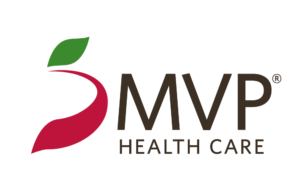A letter from Director Miller
Dear Campus Community,
As we mark the conclusion of our current Diversity, Equity, and Inclusion (DEI) Strategic Plan, I want to take a moment to express my deepest gratitude to everyone who has contributed their time, insight, and heart to this shared journey. From courageous conversations to innovative programming, and from difficult reckonings to real progress, we have collectively advanced a vision of a more just, inclusive, and compassionate campus.
While this chapter of our strategic plan is coming to a close, the work is far from over. DEI is not a fixed destination but an evolving commitment, one that will continue to guide our community in the years ahead. I’m hopeful and energized knowing that the foundation we’ve built together will inform and inspire the next iteration of our institution’s strategic planning. In Sage Forward, inclusion means putting people first on a welcoming campus. Belongingness will be a lens used to evaluate the effectiveness of the plan and hold us all accountable to building on our success.
Russell Sage College has demonstrated tangible momentum in embedding DEI into every facet of campus life. With the groundwork laid in Years 1 and 2, this final year of the Strategic Plan focused on deeper institutionalization, sustained engagement, and preparation for continuous transformation. These efforts are in the spirit of our bold and unapologetic founder, Margaret Olivia Slocum Sage, to help students from all backgrounds unlock their potential and build purposeful, fulfilled lives.
With appreciation and hope,
Geoff Miller
Director of Diversity, Equity, and Inclusion
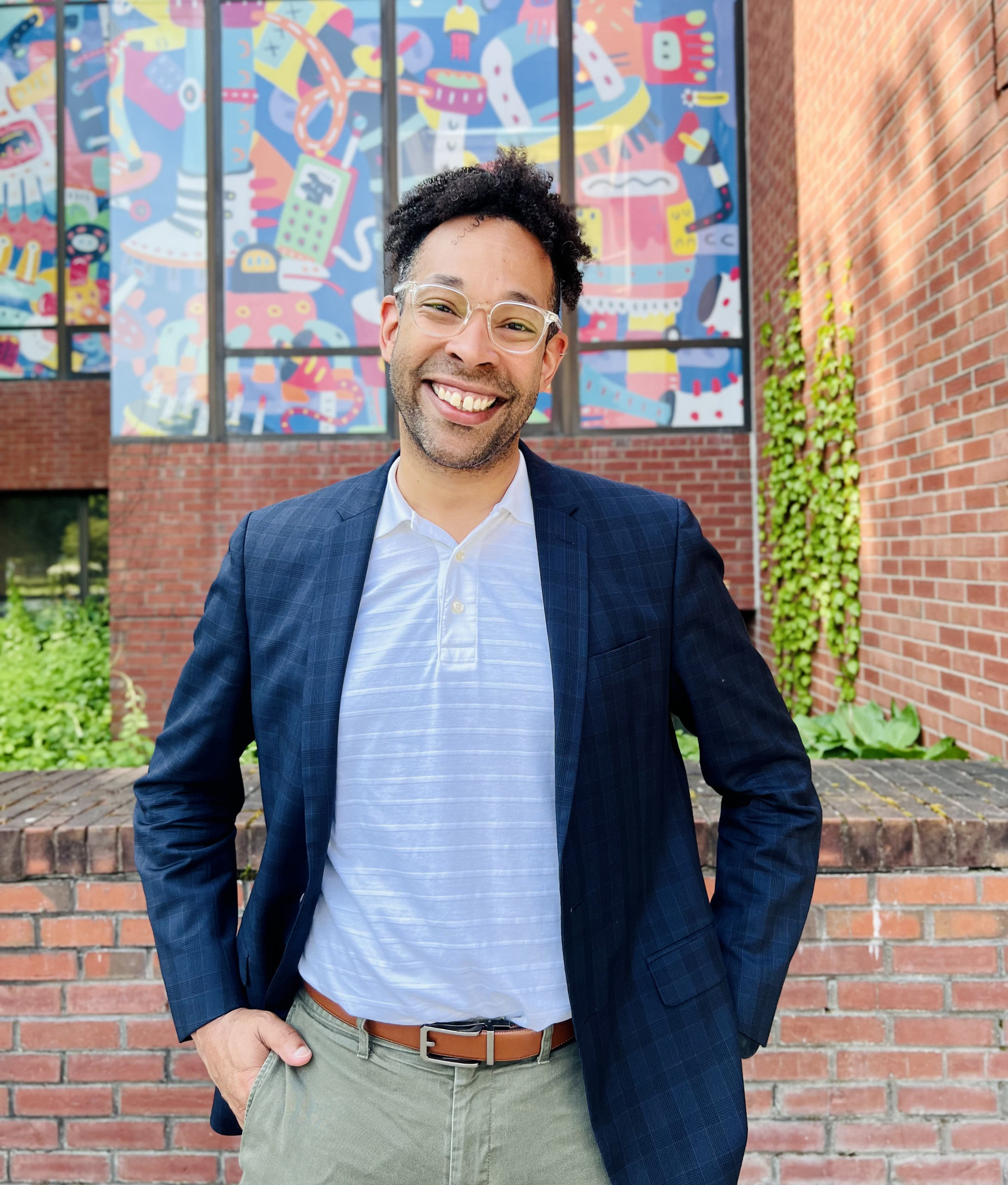
Diversity, Equity, and Inclusion Strategic Plan Progress Report
2024-25 | YEAR 3 OF 3
For details on goals, strategies, and results click the button below to view the final report.
Impactful Professional Development
Accessible classrooms
Internationally recognized scholar and author Thomas J. Tobin, Ph.D., led an engaging and practical session on Universal Design for Learning (UDL), illustrating how UDL not only improves accessibility and student success but also reduces workload for faculty. Drawing from his extensive experience in technology-mediated education, accessibility, and instructional design, Dr. Tobin shared strategies to implement UDL principles to scale in higher education. The session emphasized actionable techniques that faculty can adopt to create inclusive learning environments while streamlining their teaching practices. This program supported professional development goals in inclusive pedagogy and directly aligned with institutional DEI goals.
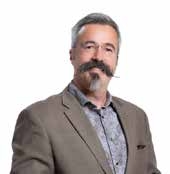
Culturally responsive mental health supports
Evan Auguste, Ph.D., a clinical psychologist and scholar specializing in Black liberation psychology, led an insightful session for psychology students and faculty on culturally responsive mental health practices for Black men. Emphasizing the importance of culturally affirming spaces, he discussed how these circles facilitate healing from racial trauma and chronic stress by fostering communal support and shared narratives. The session highlighted the limitations of traditional Western therapeutic models in addressing the needs of Black men and underscored the value of integrating Indigenous wisdom and collective care into mental health interventions.
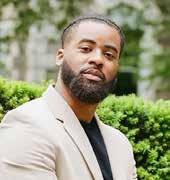
Facilitating difficult conversations
Aviva Bower, Ph.D., an educational psychologist specializing in human motivation, development, and cognition, led an insightful session on navigating and supporting controversial conversations with college students. The session highlighted the importance of understanding students’ developmental stages and cultural backgrounds to effectively engage them in discussions that promote critical thinking and empathy. Faculty gained practical tools to facilitate conversations that acknowledge and respect differing perspectives, fostering a classroom environment conducive to open and constructive discourse.

Combating anti-Semistism
Steven Leibo, Ph.D., Professor Emeritus of International History and Politics at Sage, invited college community members to a special screening of One Survivor Remembers, a powerful short documentary chronicling Holocaust survivor Gerda Weissmann Klein’s harrowing experience during World War II. The film, which highlights the enduring impact of anti-Semitism and the resilience of the human spirit, served as a catalyst for meaningful reflection. Following the screening, Dr. Harvey Strum provided additional historical context, examining the rise of anti-Semitic ideologies in Europe and their devastating consequences. The event concluded with a facilitated discussion that encouraged attendees to consider the ongoing relevance of Holocaust education and the importance of combating anti-Semitism and all forms of hate in today’s world.
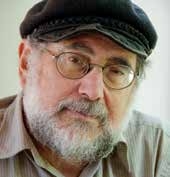
Student Programming
Fostering student leadership
This year, the Office of DEI collaborated closely with student leaders to deepen their understanding of inclusive practices and to strengthen their roles as allies within the campus community. Through targeted workshops, guided discussions, and leadership development activities, student leaders explored core concepts of identity, belonging, and equity. The goal was to equip them with the knowledge and skills to recognize and challenge bias, foster inclusive environments in their respective roles, and actively support their peers from all backgrounds. This partnership reflects a proactive approach to cultivating student leaders who are responsive, empathetic, and committed to the values of inclusion.
Trainings and Programs Included:
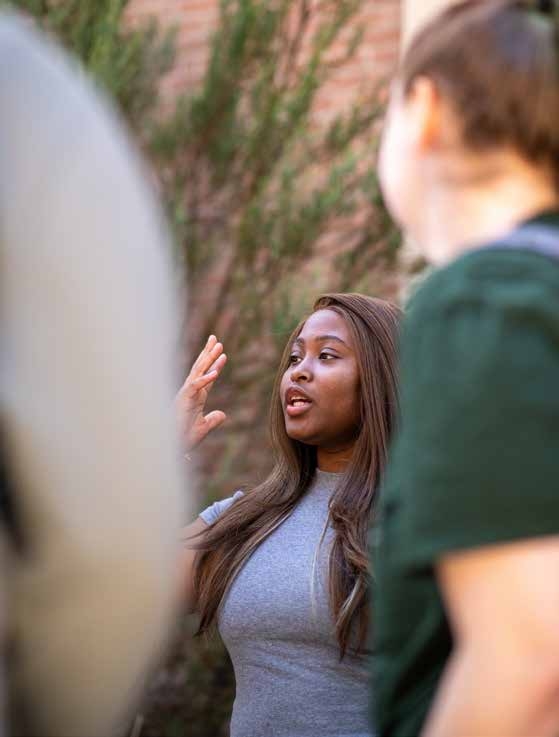
Inspiring alumni
Russell Sage College alumna Natoria Carey ’21 returned to campus to share insights from her role as operations manager for The New York Times Politics and Metro desks. In this capacity, she oversees logistics for over 30 journalists, managing responsibilities ranging from budgets and timecards to ensuring staff safety and coordinating the setup of on-site newsrooms for major events, including the 2024 Republican and Democratic national conventions. During her talk with students, Carey discussed how her experiences at Sage prepared her for a dynamic career in journalism. She also addressed the challenges of overcoming self-doubt and emphasized the importance of resilience and adaptability in pursuing one’s dream career.
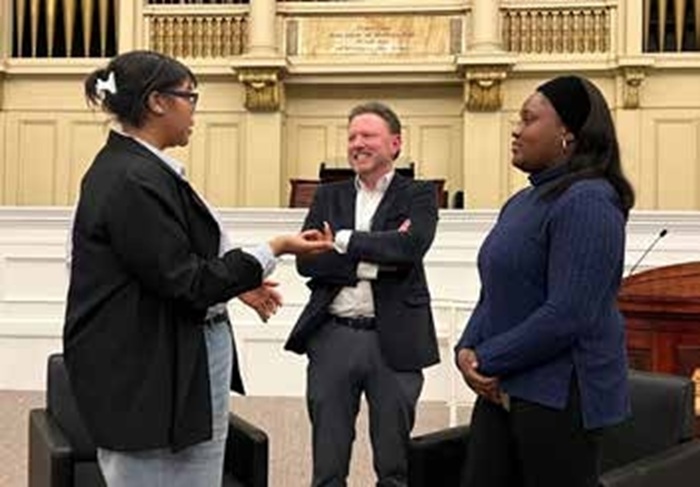
Social justice through the arts
Creative Action Unlimited engaged with our RSC 201 students through a dynamic workshop rooted in their Social Justice Artists Collective programming. This initiative supports artists whose work intersects with social justice by providing support, promotion, and performance opportunities. During the session, students participated in interactive theater exercises designed to foster empathy, critical thinking, and a deeper understanding of social issues.
The experience offered students a unique platform to explore the role of the arts in driving societal transformation, through original theater. This program was made possible by the Louis and Hortense Rubin Community Fellows Program, which fosters community engagement and supports projects that have a meaningful impact.
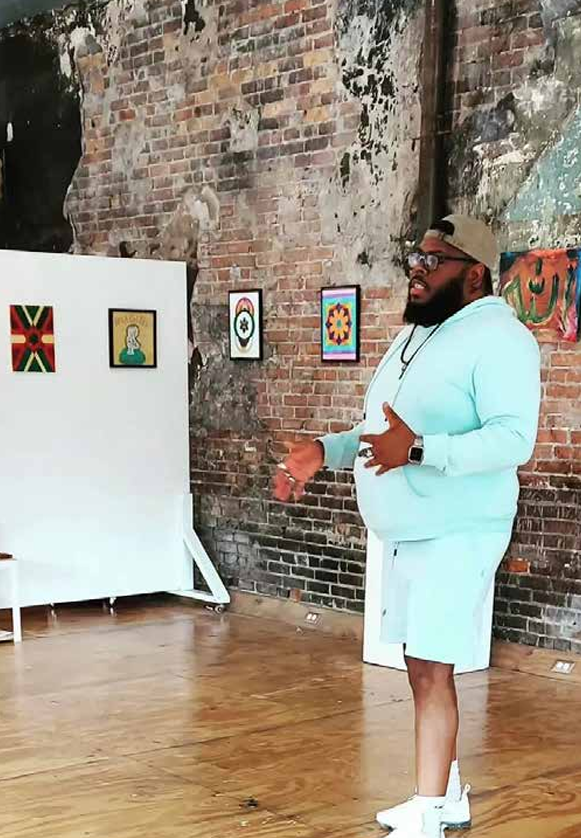
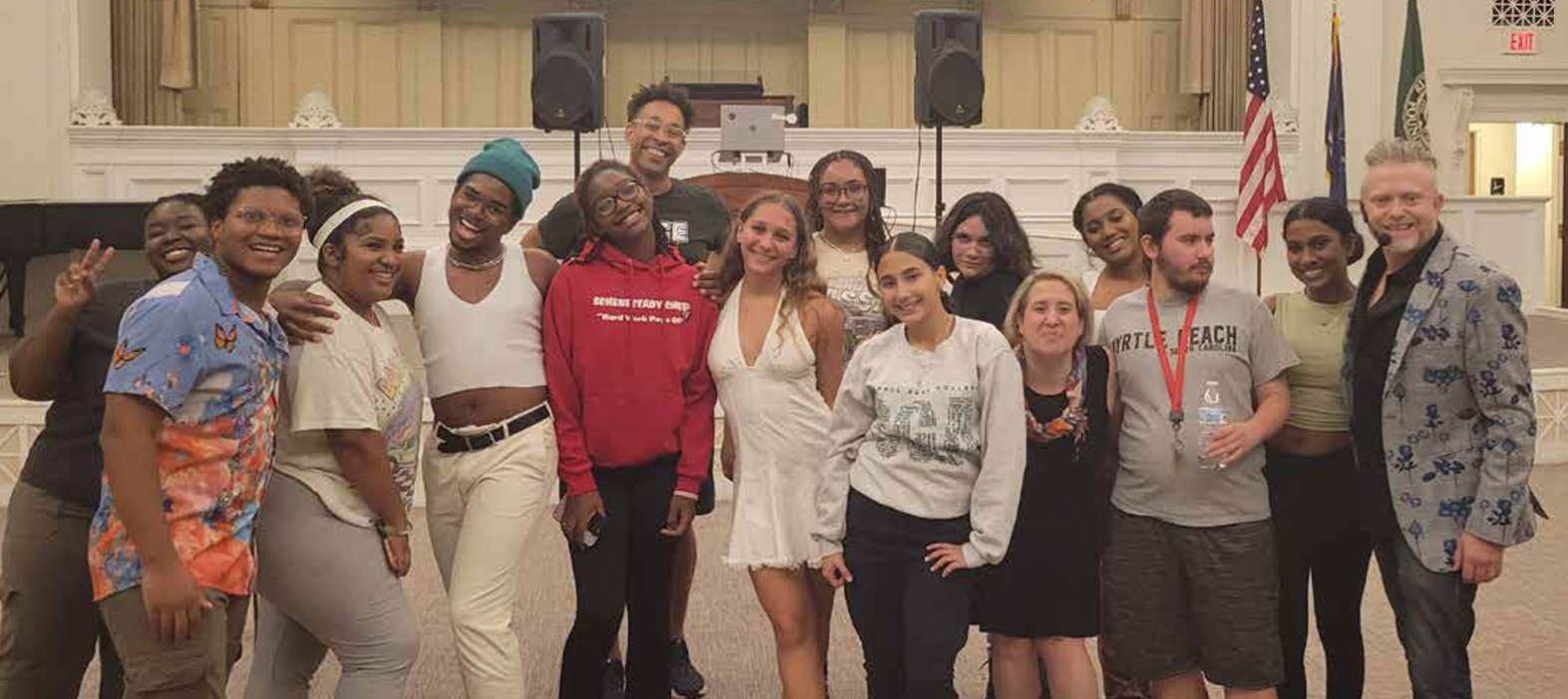
Celebrating our diverse backgrounds
Heritage Month programming offers a powerful opportunity to celebrate the rich cultural diversity that exists within our community. By honoring cultural heritages through educational programs affirm the identities and lived experiences while fostering greater cross-cultural understanding and inclusion among all students. Through events, dialogue, and educational initiatives, Heritage Month celebrations help cultivate a more equitable and informed campus climate, empower students to take pride in their backgrounds, and encourage community members to engage with histories and contributions. Ultimately, these efforts enrich the educational experience and strengthen the social fabric of Sage.
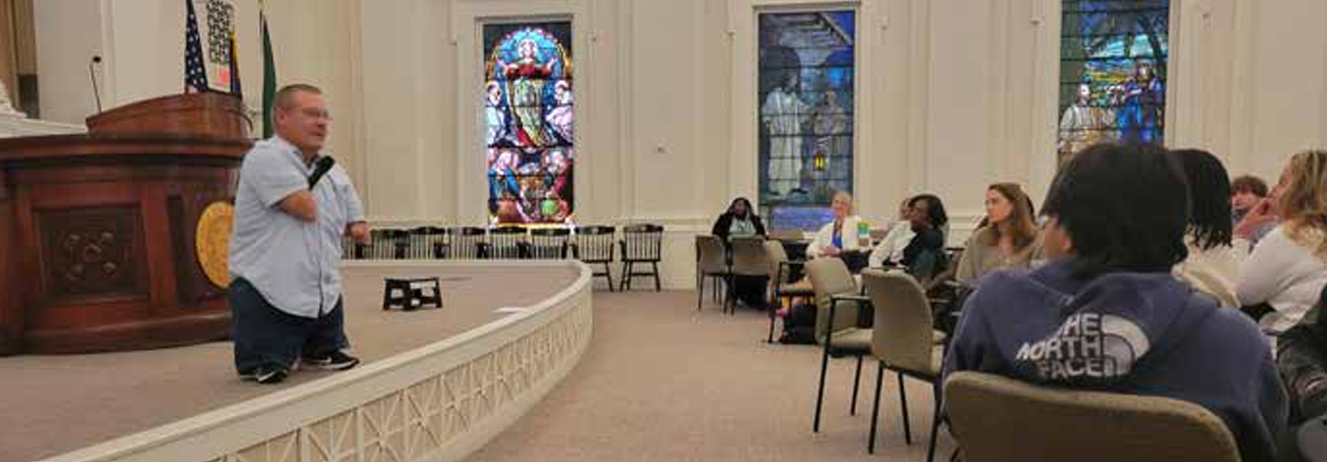
Disability awareness
This year, we celebrated National Disability Employment Awareness Month (NDEAM) with John Robinson, CEO of Our Ability, who delivered an inspiring speech emphasizing the importance of inclusive employment practices. Drawing from his personal journey as a congenital quadruple amputee and his professional experience leading a disability-owned business, Robinson highlighted employment as a vital pathway to independence and economic empowerment for individuals with disabilities.
DEI Assessment Data
Assessment highlights
An element of Priority 3 of our Strategic Plan is to infuse DEI assessment throughout the institution. Two examples from the last academic year come from local assessments inside academic programs.
I Can Achieve a Nursing Degree (ICAN)
ICAN Scholars
The ICAN program continues to serve as a highly impactful and comprehensive initiative, providing high school scholars from Albany Leadership Charter School and Green Tech High with hands-on, experiential learning in nursing and healthcare fields. This year’s program was especially successful in offering engaging activities, such as field trips, college experiences, and healthrelated events, including the ICAN Summit, CPR, First Aid, AED, and phlebotomy certification, and immersive experiences like the Albany Med tour and nursing and health sciences simulation lab at Sage. The program’s consistency and collaborative partnerships are praised for helping scholars build meaningful relationships and explore diverse career pathways in health. The ICAN program is made possible by the generous support from Innovation Partnership and the Mother Cabrini Health Foundation.
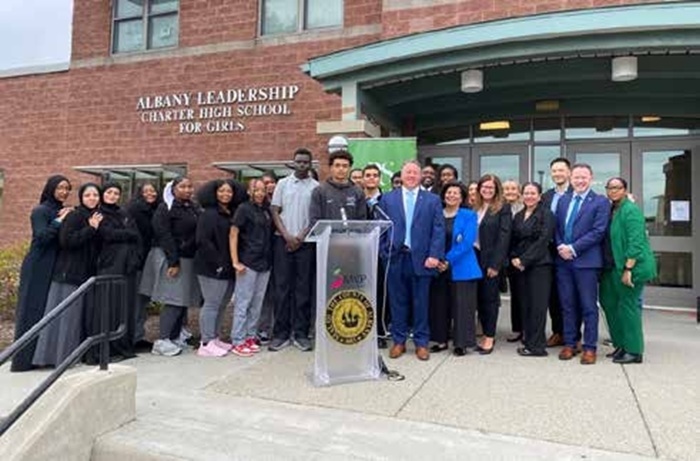
ICAN Summit
This program’s purpose was to increase understanding of the tremendous healthcare disparities in our community while empowering participants with actionable strategies to promote health equity. In October 2024, The Russell Sage College pilot ICAN program’s preliminary outcomes were presented as a replicable model to encourage underrepresented people to join the healthcare workforce.
Nearly 100 participants heard from social media influencer and “Medical Mythbuster” Joel Bervell, who provided an inspiring presentation on the history of healthcare disparities and his own journey as a medical student. He connected exceptionally well with the ICAN students and other participants and clearly is an exciting role model for young people. This was followed by a Wicked Problem-solving activity that broke down silos and provided opportunities for ICAN students to interact with professionals and educators on an equal level to share ideas and individual action plans to address barriers to healthcare access.
The objective of the STEM Saturday event, which was also part of the ICAN Summit, was to cultivate early interest in Science, Technology, Engineering, and Math (STEM) subjects as they relate to healthcare among children in grades K-12. The organizer, STEM NOLA, provided a variety of age-appropriate hands-on activities designed to make STEM concepts accessible to the 130 student participants of all ages. The event also promoted awareness of the importance of healthy habits. Children were divided by age group to learn about the heart and circulatory system. They participated in activities ranging from playing games to dissecting a sheep’s heart and experiencing a VR Heart walkthrough.
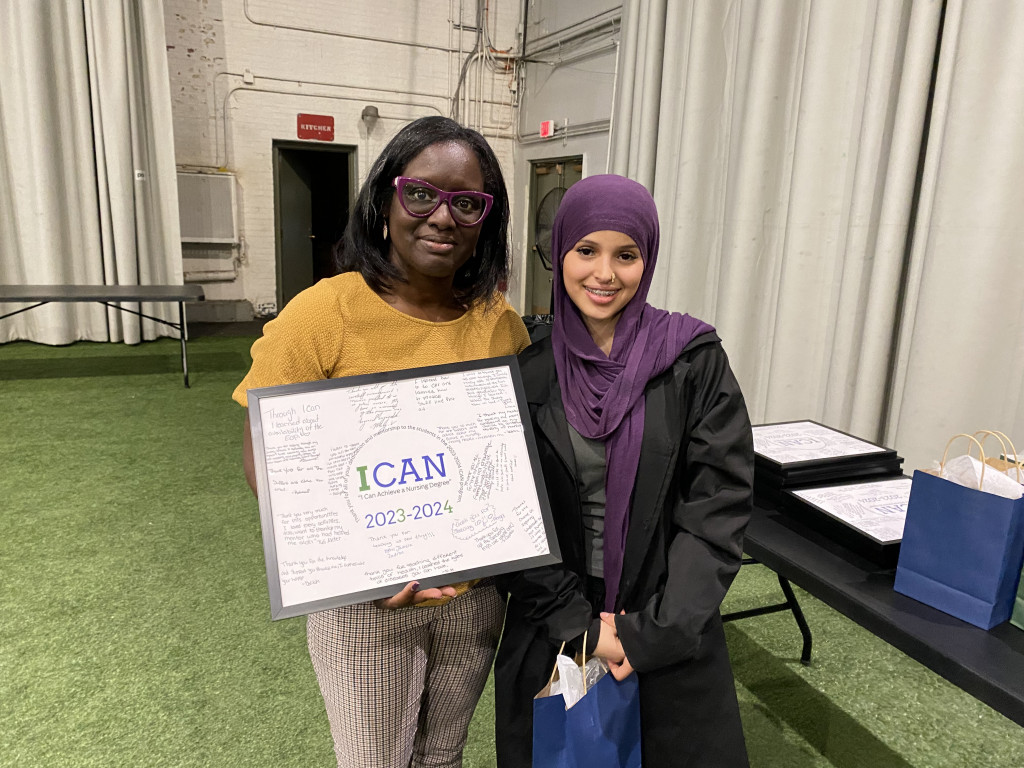
Quick Links
Have Questions?
Good DEI work is about accountability. The successful execution of our DEI Strategic Plan continues to be a collaborative effort at all levels of the institution, involving cabinet, faculty, staff, students, and the broader community. We are proud of the positive changes we have witnessed, but we also recognize that our journey toward inclusivity is ongoing.
We remain committed to evolving our practices and addressing challenges as we strive to create a campus that truly embodies the principles of diversity, equity, and inclusion.
If you have questions, inquiries or want to discuss more, please contact the office of Diversity, Equity and Inclusion via Geoff Miller at [email protected].






